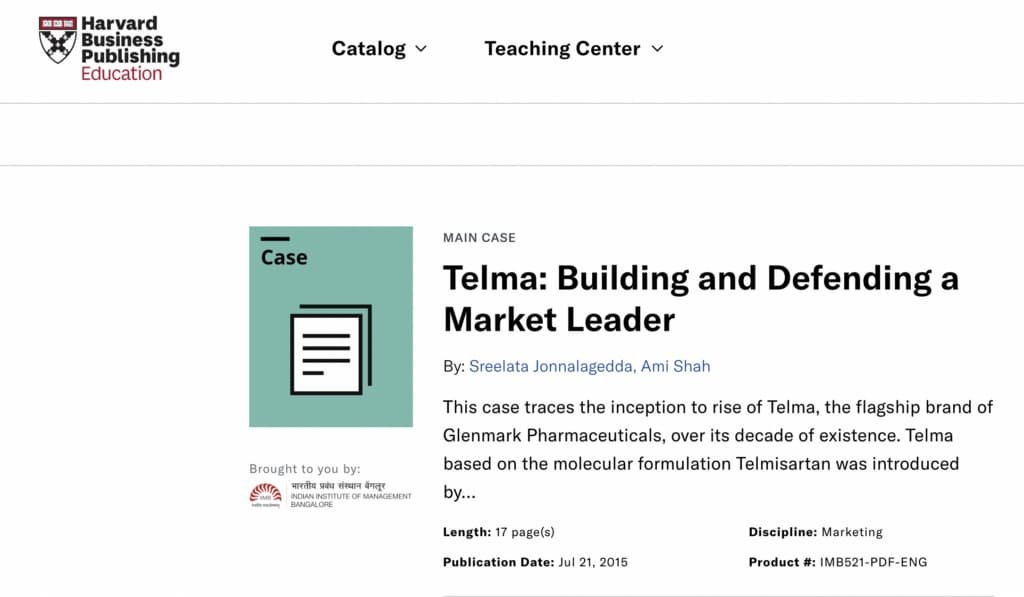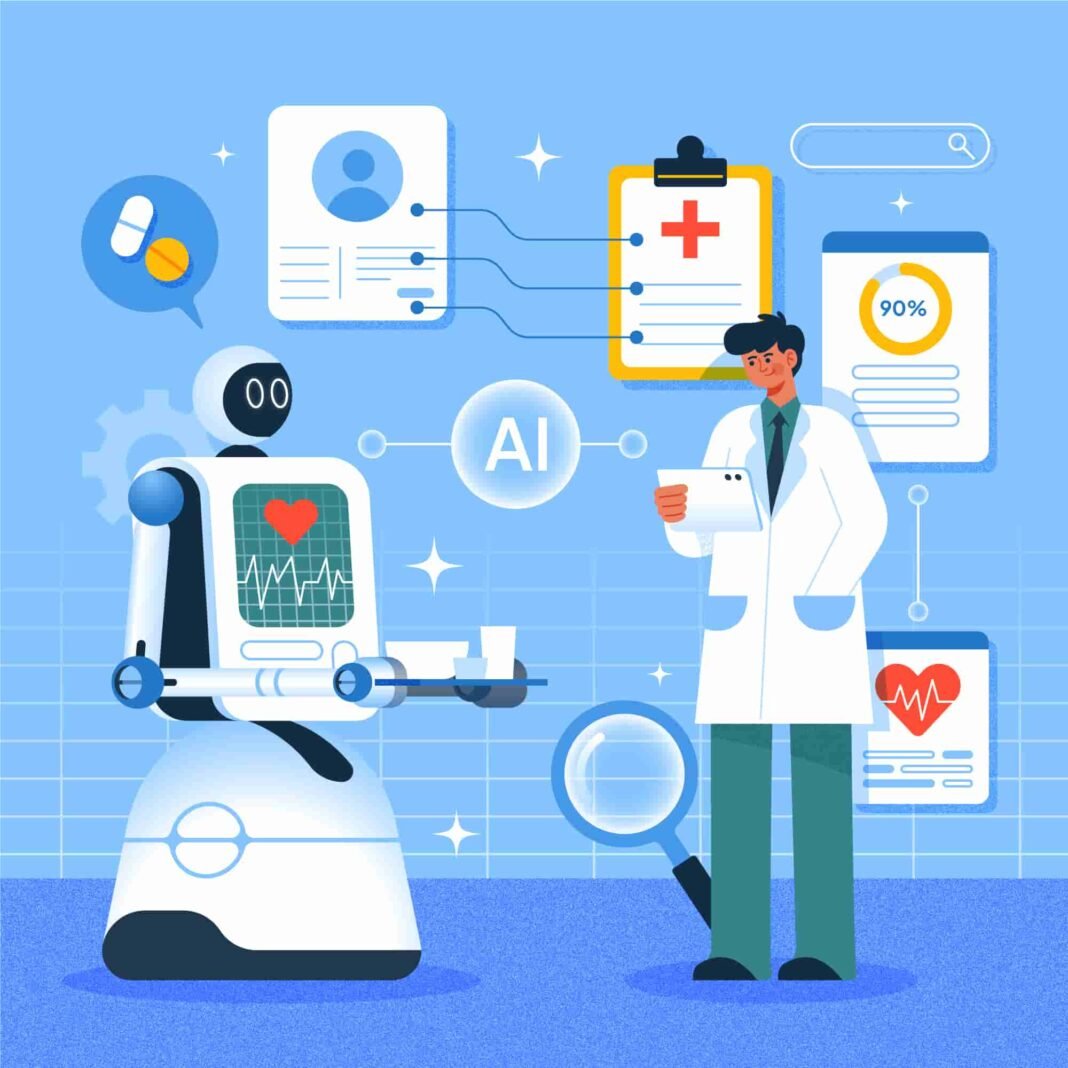
The rise of open-source platforms, such as China’s DeepSeek AI, is poised to transform not just the Tech World but all businesses including pharma. With the power of collaboration and open-source artificial intelligence (AI), initiatives like DeepSeek AI can drive the creation of novel therapeutic targets and molecules. This new model promises to accelerate drug development and address unmet medical needs, challenging the traditional norms of the pharmaceutical industry, especially concerning patents, pricing, and equitable access to medications.
Revolutionizing Drug Discovery
Open-source AI, like DeepSeek, represents a pivotal shift in drug discovery. By using artificial intelligence to analyze vast datasets, researchers can pinpoint promising compounds more quickly and efficiently than traditional methods. This has significant implications: reduced research costs and enhanced collaboration among global scientists, including those in resource-constrained regions. Smaller biotech firms and academic institutions, particularly in developing countries, now have more significant opportunities to contribute to drug development, which could accelerate responses to global health challenges.

Redefining Patents and Intellectual Property
As open-source platforms like DeepSeek AI potentially lead to groundbreaking drug discoveries, questions surrounding intellectual property (IP) and patent rights come into sharp focus. If countries such as China opt to waive patent protections for drugs developed through open-source initiatives, it could challenge the longstanding patent models in the pharmaceutical industry. Such a shift would ignite debates on finding a balanced approach between incentivizing innovation and ensuring wider access to essential medicines, especially in low-income regions.
Expanding Access to Medicines
One of the most profound effects of DeepSeek AI could be improved access to life-saving medications, particularly in low- and middle-income countries where high drug prices often create barriers to treatment. By fostering open-source collaborations, DeepSeek AI can help make critical medicines more affordable and accessible to millions. This shift could have far-reaching implications for global public health, with the World Health Organization reporting that nearly 1 in 10 people worldwide currently lack access to essential medicines (WHO, 2021).

Challenges for Pharmaceutical Companies
The growing influence of open-source platforms like DeepSeek AI may prompt traditional pharmaceutical companies to rethink their business models. With the potential for widespread collaboration and more affordable drug prices, pharmaceutical giants may need to engage in open-source research and reassess their profit-driven pricing strategies. This shift would require them to adapt to a new competitive landscape that values innovation and patient accessibility, prompting a reassessment of their financial models.
The Need for Policy Reform
Governments may need to adjust their regulatory frameworks in response to the changes in open-source drug discovery. Reforms to drug approval processes, pricing policies, and intellectual property laws could help strike a better balance between encouraging innovation and addressing global health disparities. Governments have an opportunity to facilitate a more equitable healthcare environment by ensuring that breakthroughs in drug discovery reach the people who need them most.
Patents and Their Role in Healthcare Innovation
Patents have traditionally been key in incentivizing pharmaceutical companies to invest in costly research and development (R&D) efforts. By granting exclusivity, patents allow companies to recoup the high costs of developing new drugs, which can exceed $2.5 billion (DiMasi et al., 2016). However, this system often results in monopolies, leading to prohibitively high drug prices and limited access. The challenge moving forward will be finding ways to foster innovation while ensuring that patents do not create barriers to accessing life-saving treatments.

The Importance of Patient Access
More than 7 billion people live on Earth, yet many still cannot afford modern medications. Ensuring access to affordable healthcare is both a moral and public health imperative. Studies consistently show improved medication access leads to better health outcomes and enhanced societal well-being (Lanjouw, 2004). Expanding access to treatments saves lives, boosts productivity, and strengthens community resilience.
Conclusion
The ongoing evolution of healthcare, fueled by open-source platforms like DeepSeek AI, brings immense opportunities and challenges. By embracing open-source drug discovery and fostering international collaboration, we could see a paradigm shift toward more affordable and accessible medicines. However, this shift will require meaningful changes from all stakeholders—pharmaceutical companies, governments, and the global community—to ensure that innovation remains sustainable and patient-centered.
In this new era, the balance between intellectual property, market incentives, and public health will be crucial in shaping a healthcare system that delivers groundbreaking treatments and broad accessibility. How stakeholders navigate this landscape will determine the success of open-source drug discovery platforms like DeepSeek AI in improving global health outcomes.
References
- Danzon, P. M., & Picone, G. (2002). The Economics of the Pharmaceutical Industry. In Handbook of Health Economics (Vol. 1, pp. 1125-1170). Elsevier.
- DiMasi, J. A., Grabowski, H. G., & Hansen, R. W. (2016). Innovation in the pharmaceutical industry: New estimates of R&D costs. Journal of Health Economics, 47, 20-33.
- Lanjouw, J. O. (2004). Patents, price controls, and access to new pharmaceuticals. The World Bank Economic Review, 18(1), 21-30.
- World Health Organization. (2021). Access to medicines and health

A MedicinManAI Feature Article







